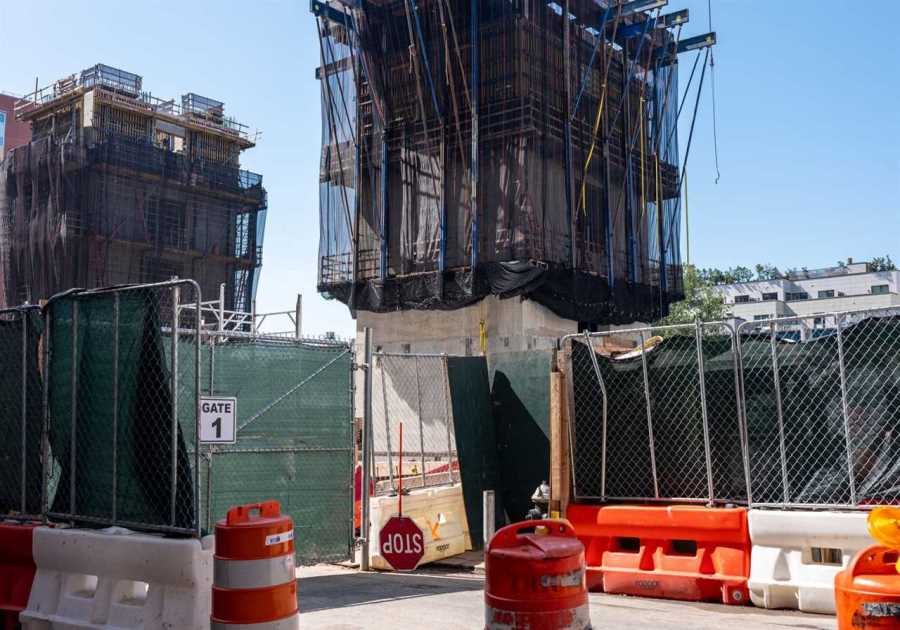With its wide-open spaces, friendly communities, and unique cuisine, Iowa offers a lifestyle that is both peaceful and enriching. The state is filled with natural beauty, from its rolling hills and expansive prairies to its picturesque rivers and lakes. However, it’s essential to weigh the cons along with the pros before deciding to reside in this state. So whether you’re looking for homes for sale in Des Moines, an apartment in Iowa City, or want to learn more about the area, read on for the ten pros and cons of living in Iowa.
Pros of living in Iowa
1. You can find low cost of living throughout the state
Iowa has a relatively low cost of living compared to other states in the United States. One of the main reasons for Iowa’s low cost of living is the state’s abundance of affordable housing options. The median sale price in Iowa is $207,700, cheaper than neighboring state of Minnesota, with a median sale price of $311,000. Rent can also be relatively lower in bustling cities like Des Moines, where rent averages $955 for a two-bedroom apartment. And If you’re looking for charming towns in the eastern part of the state to call home, search homes for sale in Cedar Rapids or apartments in Mount Vernon.
2. The state is perfect for cycling
Thanks to its numerous trails and scenic routes, Iowa is an excellent state for cycling enthusiasts. The state’s rolling hills, prairies, and farmland provide a diverse range of landscapes for cyclists to explore, whether they are looking for a leisurely ride or a challenging workout. One of Iowa’s most popular cycling events is RAGBRAI, an annual week-long ride that takes cyclists across the state from the Missouri River to the Mississippi River. Iowa also has several well-maintained and well-marked bike trails, such as the High Trestle Trail and the Cedar Valley Nature Trail. Whether you’re a casual cyclist or a serious bike enthusiast, Iowa’s cycling culture and infrastructure make it a great place to get outside and explore on two wheels.
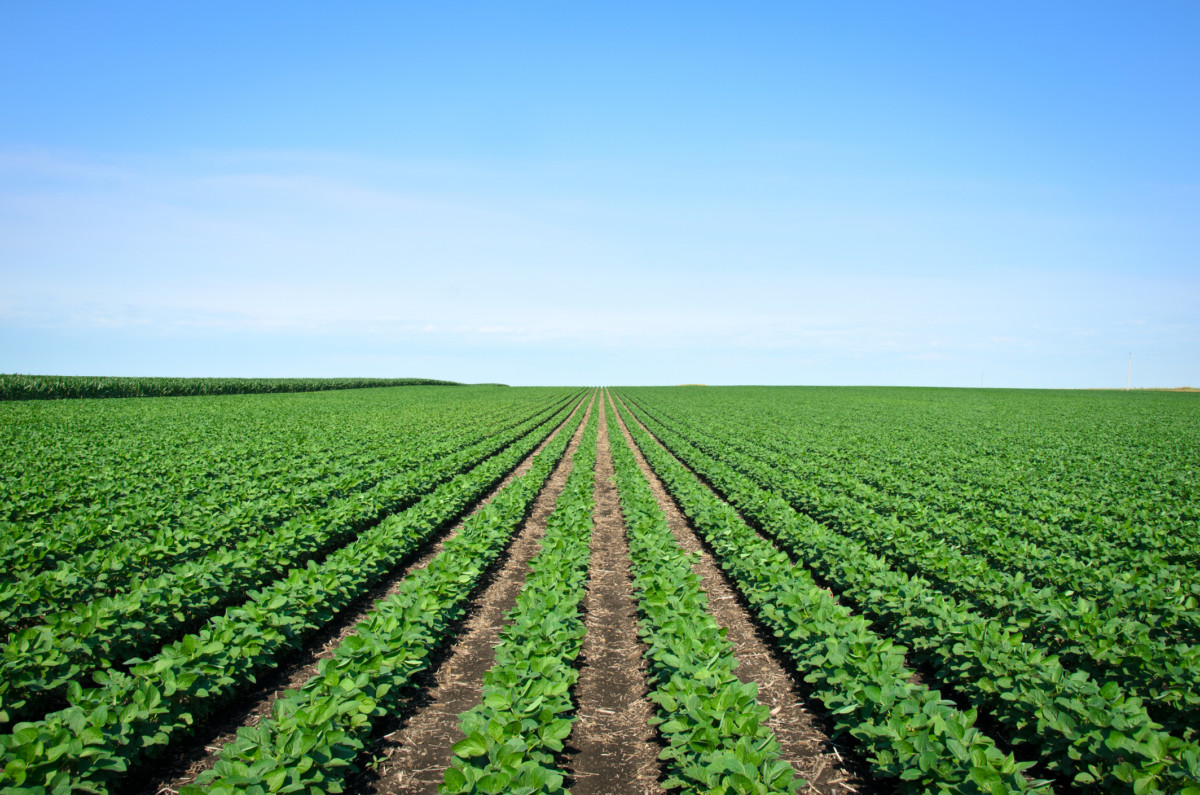
3. Iowa is known for its agricultural industry
Iowa’s rich farmland and agricultural industry provide residents excellent access to fresh, locally-grown produce. The state is known for its corn, soybeans, and other crops, as well as its livestock and dairy products. Many Iowans take advantage of the state’s abundant farmer’s markets, which offer various fruits, vegetables, and other locally grown products. Iowa restaurants also encourage farm to table and offer its residents great cuisine. Whether you’re in the mood for a hearty Midwestern-style breakfast, a savory steak, or a flavorful vegan meal, you’ll find plenty of options to suit your taste buds.
4. Iowa has a rich historical legacy
Native American tribes, including the Meskwaki and the Ho-Chunk, have a long history in Iowa and have left their mark on the state’s culture and traditions. Additionally, Iowa has been shaped by waves of immigrants, including Germans, Swedes, and Dutch, who brought their customs and traditions. This diversity is celebrated through festivals and events throughout the state, such as the annual Greek Festival in Des Moines, the Scandinavian Days celebration in Story City, and the annual Irish Fest in Waterloo.
Iowa is also home to several museums and cultural institutions that showcase the state’s history and cultural heritage, such as the Amana Colonies, the Herbert Hoover Presidential Library and Museum, and the National Czech & Slovak Museum & Library.
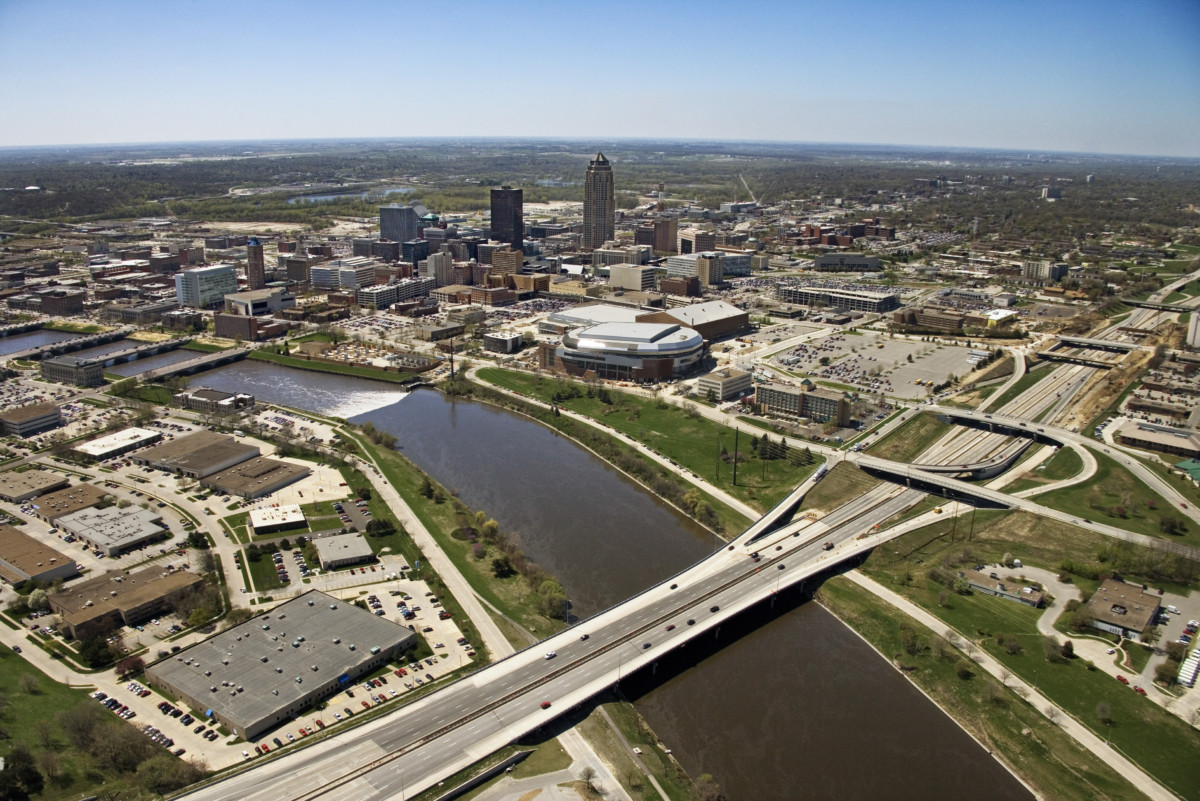
5. You can enjoy little to no traffic in Iowa
Traffic is almost nonexistent in Iowa compared to many other states in the United States. While there are busier areas of the state, particularly in larger cities like Des Moines and Cedar Rapids, much of Iowa’s population is spread across rural and suburban areas. This means there is generally less congestion on roads and highways, making it easier for residents to get around without encountering heavy traffic.
Cons of living in Iowa
1. Iowa is a landlocked state
Given its geographical location, Iowa is nestled between six other states, making it landlocked. There are no large bodies of water, and very limited beach access. You’ll find some lakes throughout the state, but if you’re looking for serene beaches, this state may not be for you. The closest body of water is Lake Michigan in Illinois or Wisconsin, about a couple of hours drive east. So if you’re looking for a fun weekend getaway, that may be your best bet.
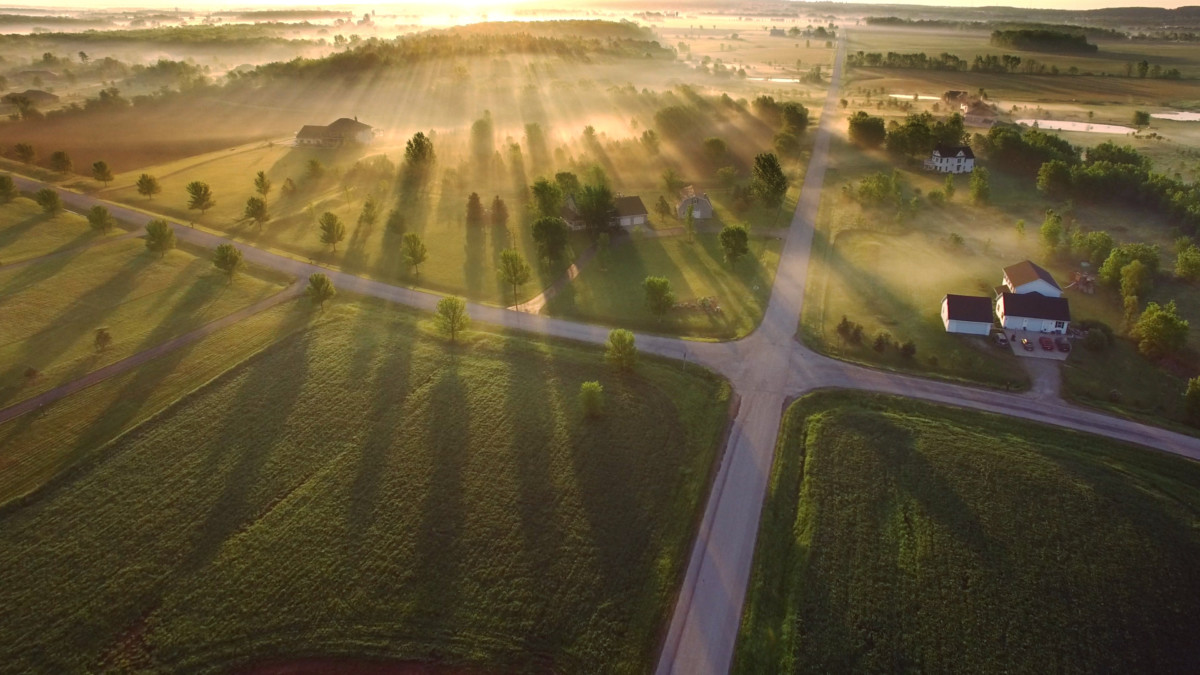
2. Iowa is a rural state
While there are certainly urban areas like Davenport, much of Iowa’s population is spread across small towns and rural areas. On the one hand, living in a rural area can offer a slower pace of life. Residents can enjoy outdoor recreation opportunities such as hiking, fishing, and camping, without the hustle and bustle of city life. Additionally, small communities provide a strong sense of community and social connections.
On the other hand, there are also drawbacks to living in rural areas. Fewer job opportunities, limited access to healthcare and education, and lower quality public services can make it challenging for some residents. The isolation and distance from city amenities can also be a significant challenge, especially for those used to a more cosmopolitan lifestyle. Ultimately, the decision to live in a rural or urban area depends on personal preferences, lifestyle, and priorities.
3. Limited recreational opportunities
While Iowa does offer some facilities such as state parks, hiking trails, and lakes for fishing and boating, these resources can be limited and may provide a different level of diversity than other states. Additionally, Iowa’s flat terrain and relatively mild climate may not be ideal for outdoor enthusiasts looking for more challenging activities such as mountain climbing or skiing. The state also lacks access to large bodies of water, which can limit watersports and beach activities.
4. You’ll need to prepare for natural disasters
The Hawkeye State has a wide range of severe weather, including thunderstorms, tornadoes, blizzards, and flooding. Summers in Iowa can be hot and humid, with frequent thunderstorms that can produce strong winds, hail, and tornadoes. In the winter, Iowa often experiences heavy snowfall and bitterly cold temperatures, making travel difficult and creating hazardous conditions. Additionally, Iowa is located in a region of the country known as Tornado Alley, which means that tornadoes are a relatively common occurrence in the state, particularly in the spring and summer months. You’ll want to prepare your home for every natural disaster in this state to ensure your safety.
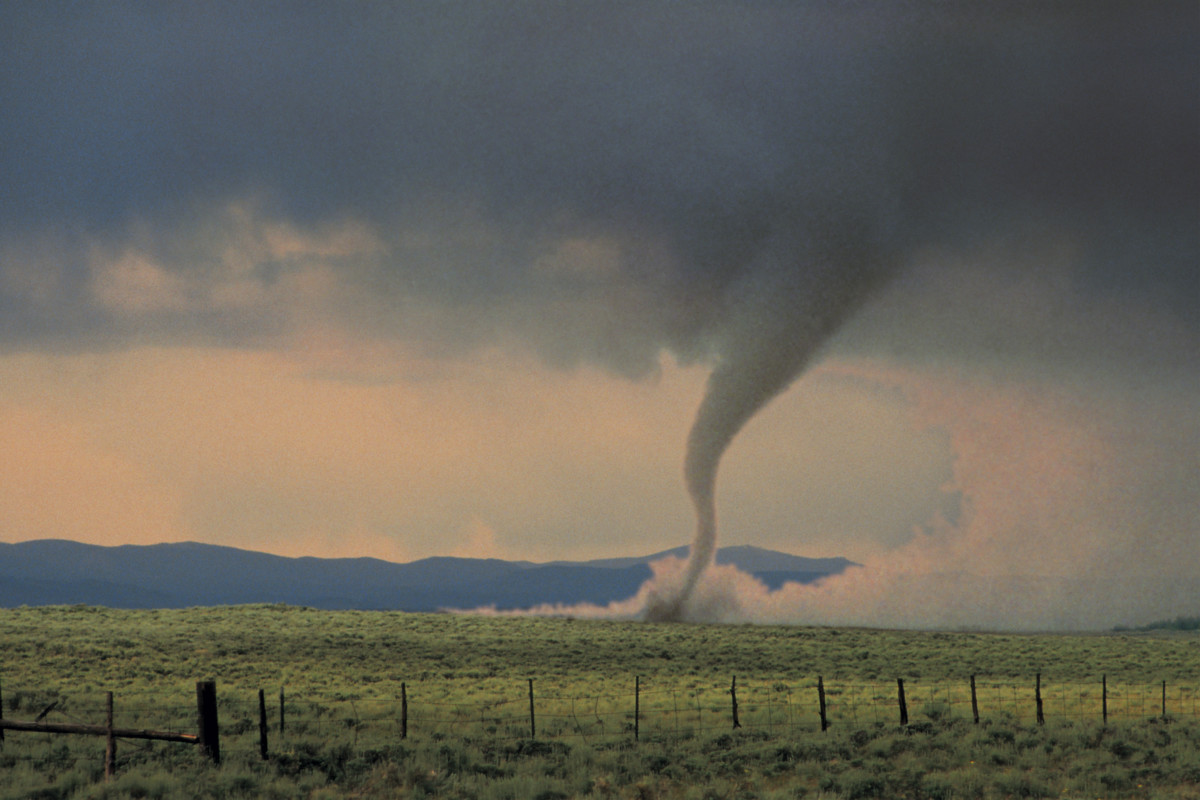
5. There are no professional sport teams
While there are collegiate sports teams in the state, such as the Iowa Hawkeyes and the Iowa State Cyclones, Iowa does not have a team in any of the major professional sports leagues, such as the NFL and the NBA, MLB, or NHL. If you love taking pride in your state’s team, you must resort to collegiate teams. And although this is not an issue to most, it’s good to know that the sports community differs from states with professional leagues.
Pros and cons of living in Iowa: Bottom line
Living in Iowa has its advantages and disadvantages. On the plus side, Iowa offers great history, agricultural industries and an affordable cost of living. However, Iowa’s natural disasters are prominent, and the state lacks professional sports leagues. Considering the pros and cons of living in Iowa will help you decide if this state is right for you.
The post 10 Pros and Cons of Living in Iowa appeared first on Redfin | Real Estate Tips for Home Buying, Selling & More.
------------Read More
By: Ana de Guzman
Title: 10 Pros and Cons of Living in Iowa
Sourced From: www.redfin.com/blog/pros-and-cons-of-living-in-iowa/
Published Date: Fri, 03 Mar 2023 20:08:50 +0000
.png)

